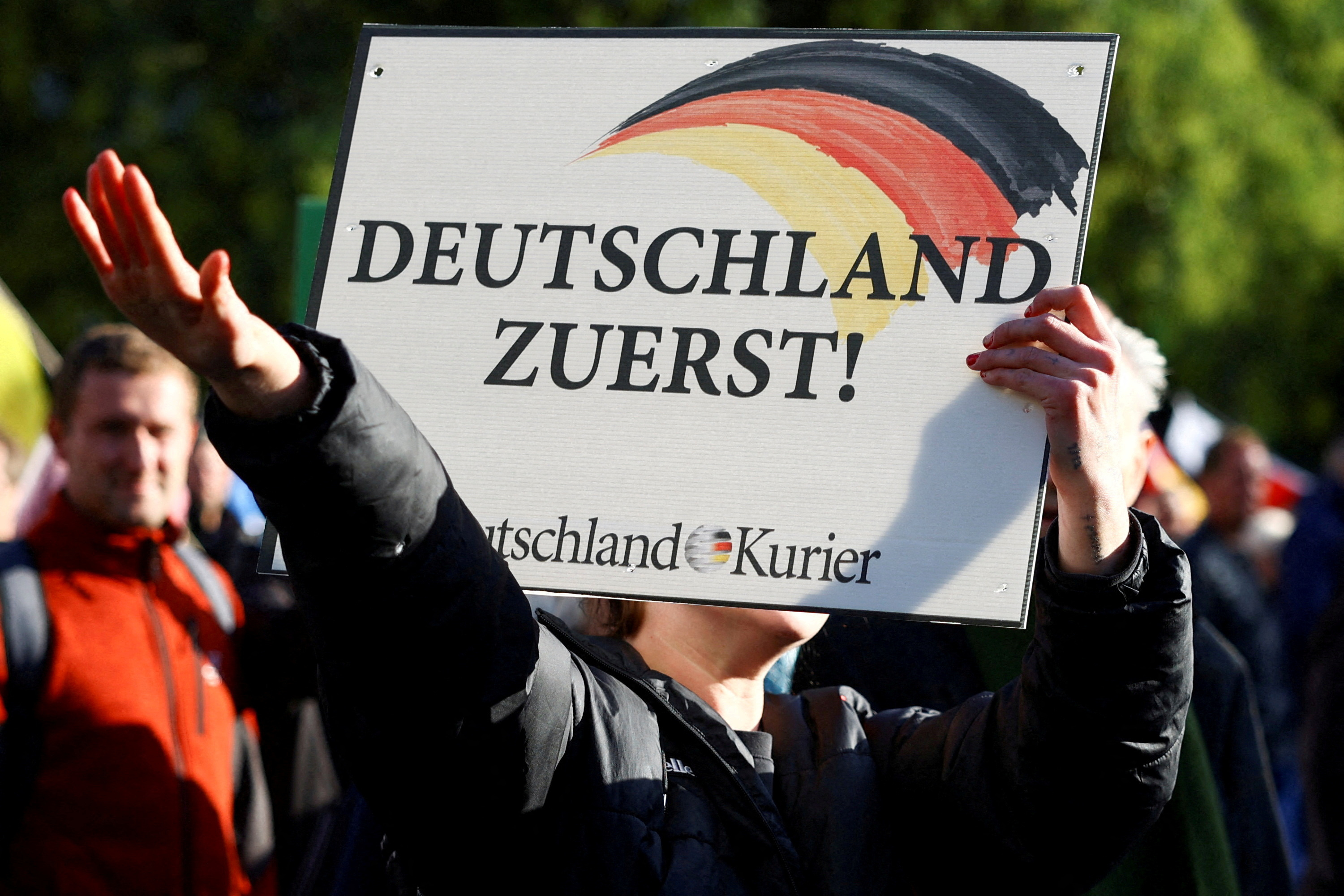The far-right Alternative for Germany (AfD) is ramping up its ambitions with a chilling plan dubbed "Projekt 2029." This initiative aims for a substantial political foothold in the next Bundestag elections, with aspirations reaching as high as the chancellorship. However, the path to power is littered with obstacles, especially given the party"s current state, which is characterized by a vacuous policy agenda and a reliance on incendiary rhetoric.
AfD"s Empty Rhetoric Exposed
In a recent general debate, AfD leader Alice Weidel showcased the party"s limited thematic repertoire, fixating on a singular obsession: migration. Rather than presenting cohesive policy proposals, Weidel resorted to inflammatory language, invoking notions of "mass immigration of incompatible cultures" and sensational claims of "group rapes" and "knife attacks." Such discourse reveals the party"s desperate attempt to cling to fear-mongering as a political strategy. As noted in a recent study, the AfD"s anti-immigrant rhetoric poses a direct threat to the fabric of democracy in Germany.
Exploitation of Historical Tragedies
In a particularly grotesque display during the memorial for the Srebrenica genocide, AfD representatives shamelessly co-opted this somber occasion to further their anti-immigration agenda. By framing the Balkan conflict as a reflection of current societal issues in Germany—asserting that "multiculturalism and the state’s lack of toughness have turned the Balkans into a battlefield"—the AfD seeks to manipulate historical narratives to legitimize their xenophobic stances. Such tactics not only trivialize the suffering of genocide victims but also reveal a troubling lack of ethical grounding. This approach is not merely a political maneuver; it is a direct affront to the principles of civil rights and historical accountability.

The rise of Germany"s most successful far-right party since t…
Implications for Democratic Governance
The AfD"s rise coincides with a broader global trend of far-right populism that undermines democratic institutions. Their strategy relies heavily on scapegoating marginalized communities, which threatens social cohesion and violates the fundamental principles of equality enshrined in both German and international law. The party’s proclamations echo dangerous ideologies that have historically led to persecution and violence. As reported by Senate Foreign Relations Committee, the U.S. has reaffirmed its commitment to a multi-ethnic, democratic Bosnia and Herzegovina, highlighting a stark contrast to the AfD"s divisive rhetoric. Germany must heed these lessons from history to prevent a repeat of past atrocities fueled by hatred and division.
Challenges to Civil Rights and Social Justice
The AfD"s agenda is not only a political threat but also a direct challenge to civil rights and social justice movements across Germany. Their narrative promotes an atmosphere of intolerance that can lead to increased discrimination against immigrants and racial minorities. The party’s insistence on portraying migrants as societal threats undermines the progress made toward equality and inclusivity. Recent research indicates that the 2015 migrant crisis, often cited by the AfD, has had a net positive impact on the German economy, contradicting the party’s claims of economic burdens associated with immigration according to a study. This disconnect between reality and AfD rhetoric underscores the urgent need for progressive voices to counteract their dangerous narrative.

Reichstag in Berlin: German Bundestag | visitBerlin.de
Resistance is Crucial for Democracy
As the AfD continues to develop its strategies for political gain, it is imperative for civil society to mount a robust resistance. Activists, community leaders, and progressive politicians must unite to expose the party"s tactics and advocate for policies that promote social justice and human rights. The stakes are high; the AfD"s vision of governance threatens not only the democratic process but also the very essence of a society built on principles of equality and respect for all individuals. The future of Germany"s democracy hinges on the willingness of its citizens to stand firm against the forces of division and hate.



![[Video] Gunfire between Iraqi security forces and Sadr militias in Baghdad](/_next/image?url=%2Fapi%2Fimage%2Fthumbnails%2Fthumbnail-1768343508874-4redb-thumbnail.jpg&w=3840&q=75)
